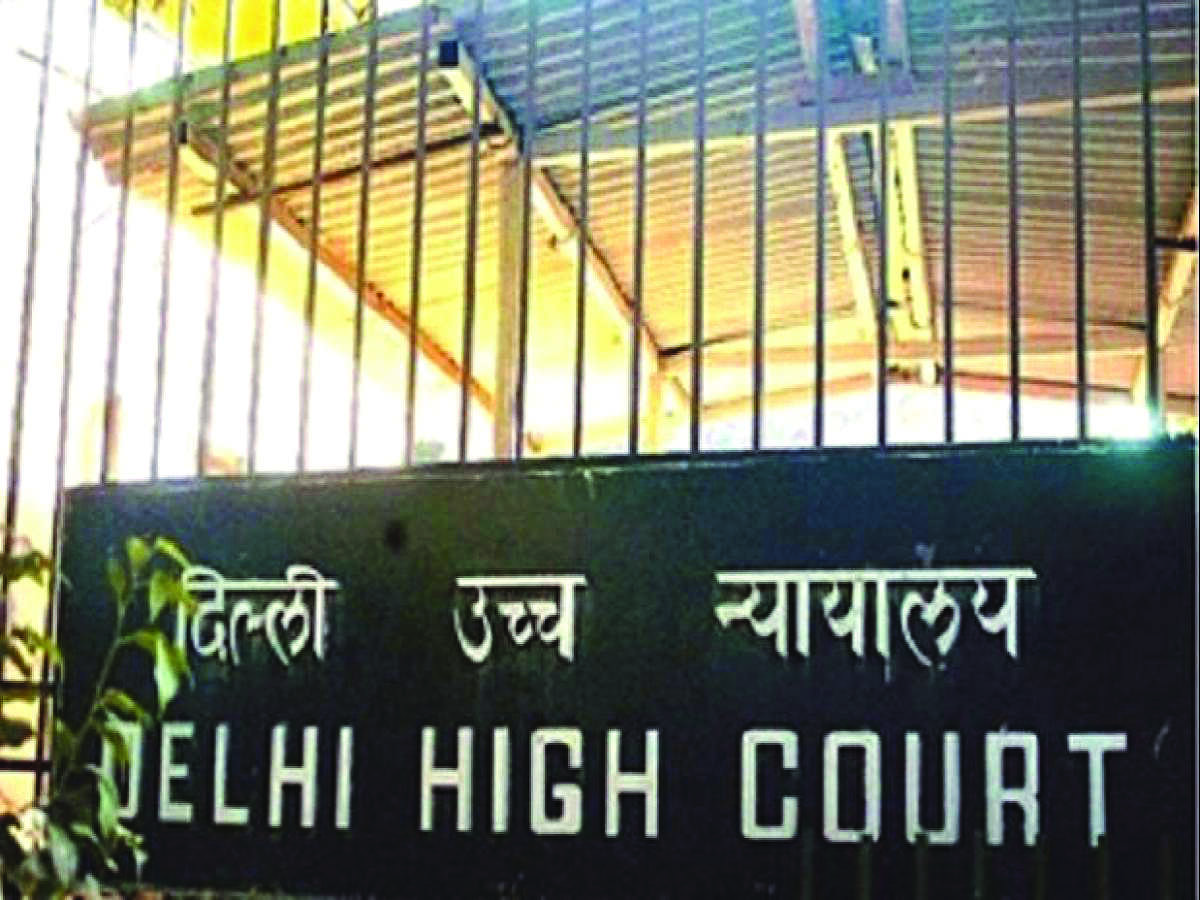Paramount to expedite UAPA trials before spl courts: HC

New Delhi: The Delhi High Court on Friday said it is paramount that cases under the Unlawful Activities (Prevention) Act are tried expeditiously and sought its administration's stand on streamlining their quick disposal before the special designated courts here.
Justice Mukta Gupta stated that it was for the high court authorities to consider the issue of expeditious disposal of Unlawful Activities (Prevention) Act (UAPA) cases and make appropriate recommendations for establishing exclusive courts for their trial. It is for the high court to decide whether to transfer the cases (from the special designated courts to other courts) or have more courts, said the judge, who was hearing a plea by an accused who sought day-to-day hearing in his National Investigation Agency case under UAPA pending before a special NIA court.
The court observed that since the cases under UAPA involved serious offences and foreign nationals, it was not easy for those in custody to secure bail, and noted that it was evident from the high court's affidavit that trials took a considerable amount of time on account of a large number of accused and witnesses.
There are many accused, ranging from four to 14 and witnesses nearing 100 to 500, and thus trials take considerable time. Further, offences being serious and many times involving foreign nationals, bails are not granted easily and thus it is paramount that offences under UAPA, whether investigated by NIA or Delhi Police special cell, are tried by special designated courts expeditiously which have no other matters listed before it, the court stated.
Further affidavit be filed by the high court indicating the steps taken to streamline expeditious disposal of trials in UAPA cases, the court ordered.
Lawyer Gaurav Agrawal, appearing for the high court, informed that there were two designated special courts for NIA in the city for the trial of UAPA cases and the listing of non-UAPA cases had no impact on the status of UAPA cases.
While only 12 cases were pending before one court and charges were framed in nine of them, there was a slight difficulty with respect to the pendency of UAPA cases in the second designated court on account of the time taken for trials to be concluded, he said.
The lawyer stated that it was not for the high court to pass orders on the establishment of more special courts, to which the court stated that the high court has to consider (if more special courts are required) .
The high court will send recommendations (if needed). That is the only purpose. The high court will assess how many courts you need, the court remarked.
The judge stated that issues before her were with respect to the special NIA courts taking up non-UAPA cases and the trial of UAPA cases being probed by the Delhi police before other courts. In September, the high court administration had stated that as on July 31, total 37 cases pertaining to the National Investigation Agency were pending before the two designated courts in the Patiala House Court complex here, that is, a sessions judge and the district and sessions judge.



